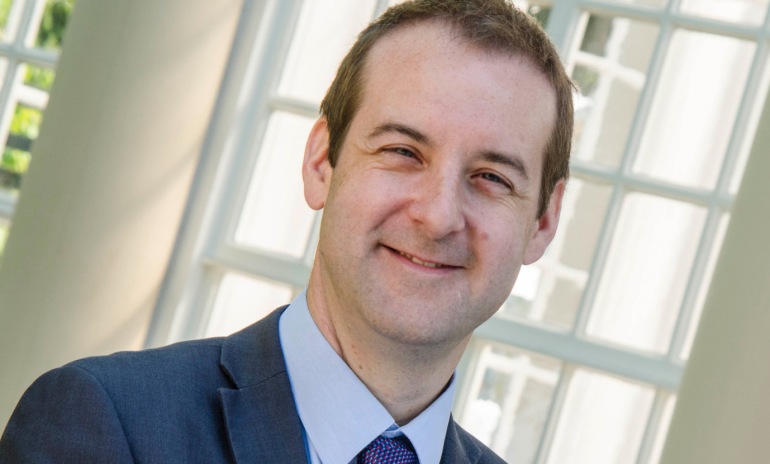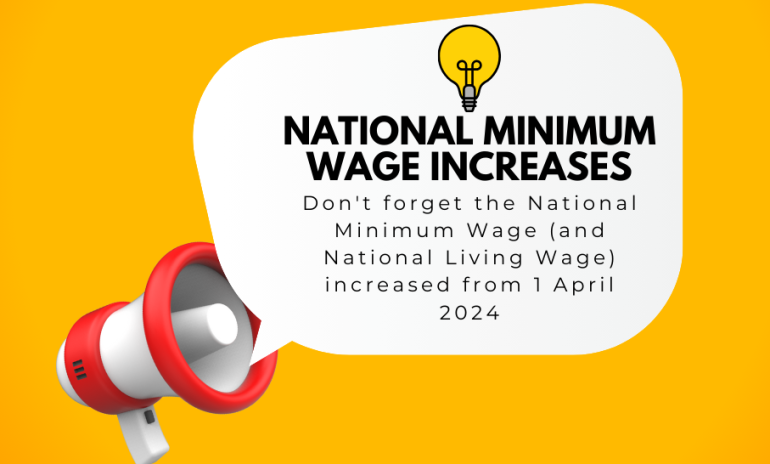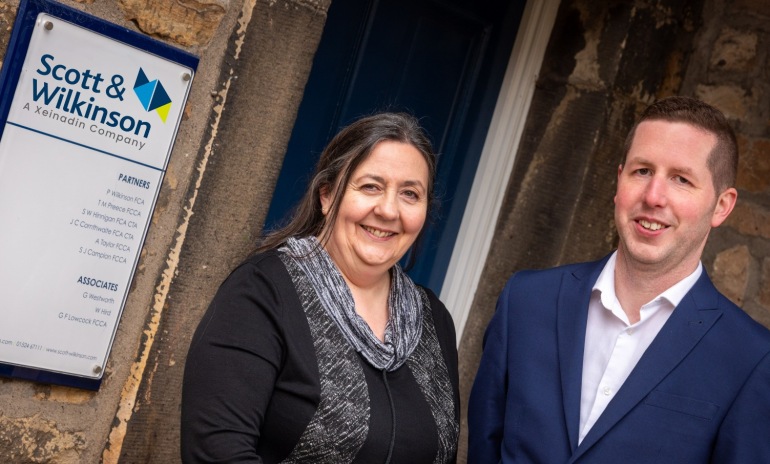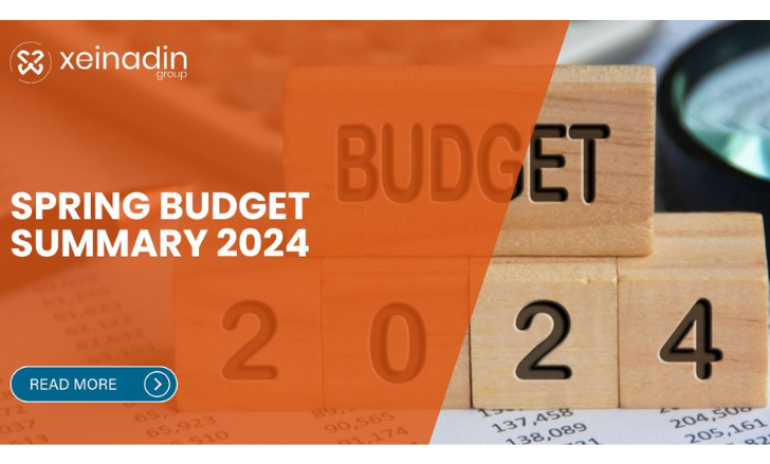What is Making Tax Digital?
Date: 19/06/17

As you may be aware, HM Revenue and Customs (HMRC) is planning for the majority of businesses in the United Kingdom to maintain their records, for tax purposes, digitally from April 2018 (although this may be delayed as a result of the General Election held in June 2017). The policy is known as “Making Tax Digital” (MTD) and will be introduced in a phased approach. The latest draft timetable issued by HMRC (as revised in the Budget on 8 March 2017) will see the following adoption of MTD:
• From 6 April 2018 – Unincorporated businesses (including landlords) with total annual income (please note this is turnover not profit) above the VAT threshold (£85,000 from 01 April 2017), other than partnerships with a turnover greater than £10 million
• From 6 April 2019 – All remaining unincorporated businesses (including landlords) unless total annual income is below £10,000 or the business is a partnership with turnover greater than £10 million
• From April 2020 – All companies subject to corporation tax and partnerships with turnover greater than £10 million
The MTD adoption date relates to accounting periods starting on or after the above dates. Also note that when deciding your MTD adoption date, it is irrelevant whether you are VAT registered or not.
MTD is HMRC’s “vision” for taxation in the 21st century. The Treasury is looking to reduce the “tax gap” that it claims is caused by poor record keeping. MTD will see businesses (including landlords) being required to provide HMRC with quarterly summary data of income and expense items, building a picture of their net income for the year. However, many businesses will need to make adjustments to that information, for example considering which expenses are not allowable for tax and making claims for reliefs, such as capital allowances. This will be completed by requiring businesses to make an ‘End of Year’ declaration. Businesses will have 10 months from the end of their period of account (or 31 January following the end of the tax year, if sooner) to complete their End of Year declaration.
One of the topics debated during the government consultation was what software would be available or permitted for use in the generation of the quarterly MTD returns. HMRC is aware that a lot of businesses currently use spreadsheets to record their data and they have now confirmed that spreadsheets will be one of the options for maintaining digital records. However, accounting software will still be required to make the quarterly updates to HMRC.
There are various software packages available, including offerings from Xero, FreeAgent, Sage and QuickBooks. Within the office we have a number of experienced individuals who are able to provide support and guidance on a number of these software options. To date, many of our clients have favoured Xero when assessing their digital software choice.
Xero is an example of a “cloud” based solution. “Cloud” effectively means that the software you are accessing is at a secure, remote location with the software provider taking responsibility for back-ups, upgrades and anti-virus security. This is instead of the software being installed on your personal computer or office network where you take the responsibility for maintaining it. Cloud software is typically paid for on a monthly subscription basis.
As with other cloud software, Xero is accessed via a web-browser from your computer, tablet or mobile phone. Many of the software solutions have been designed with small to medium sized businesses in mind and allow individuals to undertake bookkeeping activities including the processing of invoices, bank reconciliations, VAT returns and payroll. As the software solutions are cloud based, and with your authorisation, we can access your information from our office, allowing us to easily provide assistance and troubleshoot any problems.
For those businesses that already have an established software solution in place, we would recommend that you contact your software provider to determine their plans for introducing MTD.
We would encourage all businesses to ensure they are fully prepared for Making Tax Digital and adopt a recognised accounting software package ahead of the proposed significant changes announced by the government.
Should you require any further information, then please do not hesitate to contact the office.

Author: Alan Taylor FCCA
A former pupil at Ripley St Thomas C of E High School in Lancaster, Alan joined Scott & Wilkinson directly from school in 1994 and qualified as an Accountant in 2001. Alan is responsible for a variety of clients operating in...
0 Comment
Add your Comment
We have the ability to edit and/or delete posts and comments. Links should be relevant to the topics. Please note all comments are subject to review before inclusion.














Nobody has commented yet. Why not add one?